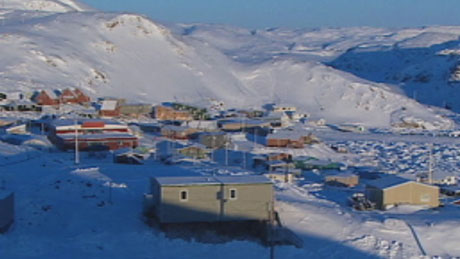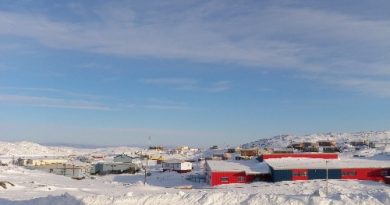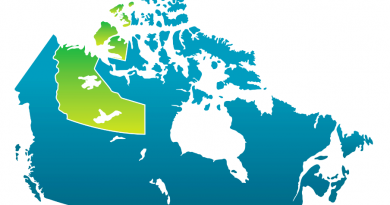Bootleg booze common in Arctic Canadian community

It’s been just over a year since residents in the community of Kimmirut voted to allow alcohol into the hamlet, but bootlegged booze is still making its way into this community in Canada’s eastern Arctic territory of Nunavut.
Last February, 67 per cent of voters said yes to allowing. Since then, liquor has been flowing in, both legally and illegally.
For years, a snowmobile trail connecting Kimmirut and Iqaluit, Nunavut’s capital city, has been used by bootleggers to bring alcohol from Nunavut’s capital.
It is still being used for that purpose, despite the fact that liquor is now legal in Kimmirut.
“I believe it’s more to do with bootlegging that causes more issues more than anything,” said Saqitaq Temela, the hamlet’s senior administrative officer.
A household in Kimmirut can now order alcohol once a month, but the family must get approval from the Alcohol Education Committee. Quantities are limited, orders can be denied and there is a cap on how much each individual can order.
Royal Canadian Mounted Police constable Martin Noel works as a relief officer in Nunavut. He said it’s too soon to say if lifting the ban on alcohol will change crime rates in the hamlet.
“At this time here, you know, it’s one of those things where we’re going to have to wait several years to see the impact.”
Noel said the problems in Kimmirut can be attributed to a few people, not the community as a whole.
Hamlet officials say more education is needed so that those who want to drink alcohol do so responsibly.



